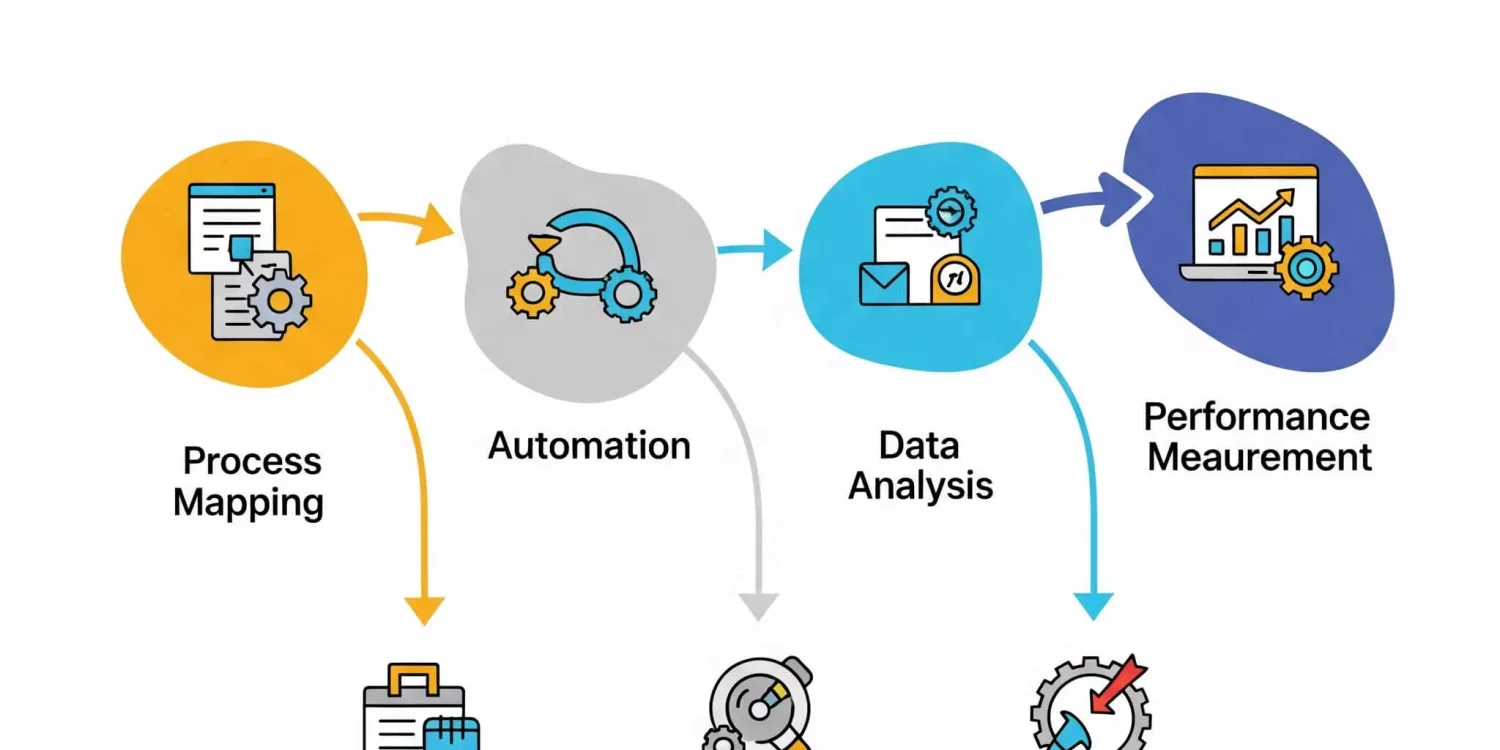In the rapidly evolving global economy, businesses face continuous pressure to innovate, reduce costs, and enhance customer satisfaction. Remaining competitive demands not just efficiency but also a keen understanding of where to best allocate resources. This strategic imperative often leads to the exploration of Business Process Outsourcing BPO, a transformative approach where an organization delegates specific non core functions to external expert providers. BPO is far more than a simple cost cutting measure; it is a sophisticated strategy that, when executed correctly, can unlock significant value, foster agility, and redefine an enterprise’s operational landscape. However, embarking on this journey also presents distinct considerations and potential stakes for business partners, making a thorough understanding of the process paramount.
Understanding the Breadth of BPO Services
The range of services offered within the BPO sphere is incredibly vast and continues to expand, reflecting the diverse needs of modern businesses. Traditionally, BPO has encompassed customer contact solutions, including inbound and outbound call handling, technical support, and multi channel communication management. Beyond this, a significant portion of the industry focuses on back office operations such as data entry and processing, document management, payroll administration, and comprehensive finance and accounting services. More recently, the scope has extended to highly specialized areas, including IT managed services, software development, cybersecurity monitoring, digital marketing execution, human resources support, and even legal process outsourcing. This wide array means that almost any recurring, non core business function can be optimized and managed externally, allowing internal teams to redirect their focus to strategic initiatives.
What’s at Stake for Business Partners A Comprehensive View
For business partners, the decision to engage in BPO carries significant implications and rewards. On one hand, the potential for substantial cost reduction is a major driver. By leveraging competitive operational environments, companies can achieve considerable savings on labor, infrastructure, and technology investments. Beyond cost, BPO offers enhanced operational efficiency through access to specialized expertise and best practices that might not exist in house. It also provides unparalleled scalability, allowing businesses to quickly adjust their operational capacity in response to market demands without the long term commitments of internal hiring. This agility can be a profound competitive advantage.
However, what’s at stake also includes potential risks that must be carefully managed. Data security and privacy are paramount concerns; entrusting sensitive information to an external entity requires robust due diligence and strict contractual agreements. Quality control needs to be meticulously defined and monitored to ensure outsourced processes consistently meet high standards. Communication challenges, stemming from cultural differences or time zone disparities, can impact workflow if not properly addressed. There’s also the risk of losing control over certain processes or intellectual property if the partnership isn’t structured correctly. Ultimately, the stakes are high for both potential gain and potential pitfalls, underscoring the need for a strategic and cautious approach to partnership selection and management.
Crafting a Strategic Engagement Plan
A successful BPO engagement is built upon a meticulously crafted strategic plan. This begins with a thorough internal audit to identify which processes are truly suitable for outsourcing, based on their criticality, complexity, and potential for external optimization. Once identified, clear objectives, performance metrics, and service level agreements must be established. The plan should also detail communication protocols, reporting structures, and contingency measures for unforeseen circumstances. This comprehensive blueprint serves as the guiding document for the entire partnership, ensuring all parties are aligned on expectations and responsibilities. A well defined plan mitigates risks and maximizes the likelihood of achieving desired outcomes, providing a framework for all BPOManila interactions.
The Imperative of Partner Selection
Selecting the right BPO provider is arguably the most critical determinant of success. This process extends beyond reviewing capabilities; it involves assessing cultural compatibility, financial stability, and a demonstrated commitment to client success. Key considerations include the provider’s security certifications, their talent management strategies, their technological infrastructure, and their track record with similar projects. Due diligence should involve in depth interviews, client references, and a thorough review of their operational models. A strategic partner should not just execute tasks but also offer insights, suggest improvements, and adapt to your evolving business needs, becoming a true extension of your enterprise.
Seamless Onboarding and Integration
The transition of business processes to an external provider requires a well structured onboarding and integration phase. This involves comprehensive knowledge transfer, detailed training for the outsourced team on your specific systems, tools, and brand guidelines, and the establishment of robust communication channels. The goal is to ensure that the external team feels fully integrated and operates as a seamless extension of your internal workforce. A smooth onboarding minimizes disruption to existing operations and accelerates the time to full operational efficiency. Clear transition plans and dedicated support teams from both sides are essential to navigate this crucial period effectively.
Sustaining Excellence Through Ongoing Management
A BPO partnership is not a set it and forget it arrangement; it requires continuous management and collaboration to sustain excellence. Regular performance reviews against established KPIs and SLAs are essential to ensure targets are met and quality standards are upheld. Open feedback loops facilitate prompt issue resolution and identify opportunities for continuous process improvement. Fostering a collaborative environment built on trust and transparency encourages shared problem solving and innovation. This ongoing engagement ensures that the BPO solution remains optimized, responsive to changes, and continues to deliver maximum value, reflecting the long term commitment inherent in effective BPOManila partnerships.
The Future Landscape of Business Agility
In an era defined by rapid technological advancements and shifting market dynamics, the strategic use of BPO offers businesses a profound competitive edge. It enables organizations to enhance their operational agility, reduce fixed costs, and focus valuable internal resources on core competencies that drive innovation and competitive differentiation. By leveraging external expertise for specialized services, businesses can scale quickly, enter new markets, and adapt to unforeseen challenges with greater ease. This strategic flexibility is invaluable for maintaining relevance and achieving sustained growth in the digital age.
In conclusion, engaging with Business Process Outsourcing is a multifaceted strategic decision with significant potential rewards and manageable risks. By thoroughly understanding the vast array of services available and recognizing what’s at stake for business partners, organizations can forge powerful alliances that drive operational excellence and fuel growth. We provide world-class BPO solutions designed to navigate these complexities, offering tailored strategies that enhance efficiency, manage risks effectively, and empower you to focus on your core business. For those ready to explore how a strategic BPO engagement can redefine their operational capabilities and propel them forward, we encourage you to contact us today. Let us help you unlock your full business potential through intelligent outsourcing partnerships.

